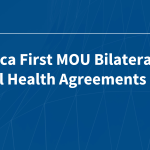
KFF Tracker: America First MOU Bilateral Global Health Agreements
This tracker provides up-to-date information on countries with signed bilateral MOU global health agreements with the U.S.

This tracker provides up-to-date information on countries with signed bilateral MOU global health agreements with the U.S.

To help inform the U.S. America First Global Health Strategy, which includes an emphasis on commodities and pooled procurement, we reviewed eight existing global and regional pooled procurement mechanisms
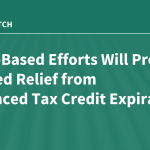
After failed Senate votes late last year and no subsequent bipartisan agreement, the enhanced premium tax credits expired as of January 1. Some states, particularly those operating State-Based Marketplaces (SBMs), have been preparing for this possibility for months and are moving to blunt the impact on consumers by implementing their own state-funded subsidies and implementing…
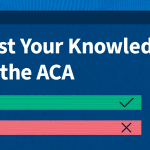
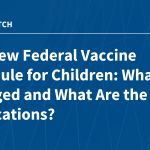
This brief looks at newly announced changes by HHS to the pediatric vaccination schedule, which reduce the number of vaccines recommended for all children. Implications of these changes for childhood vaccination rates and trust in public health are discussed.
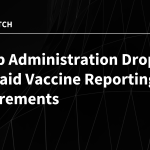
This policy watch describes recent Trump administration changes to Medicaid vaccine reporting requirements and explores what the end of state reporting requirements may mean for how the U.S. tracks childhood vaccinations rates.
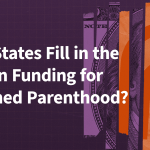
This brief examines efforts in 11 states to fill in funding gaps created by the 2025 federal budget reconciliation law, which prohibits federal Medicaid funding for reproductive-health care services provided by Planned Parenthood and other organizations that also provide abortion care.
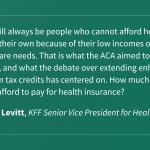
In his latest JAMA Forum column, KFF’s Larry Levitt explores how unaffordable health care is in the U.S. in the context of the debate over extending enhanced Affordable Care Act premium tax credits and an upcoming election where affordability will likely be front and center.

This policy watch evaluates state awards through the rural health fund in 2026, the first year of the program. The analysis shows relatively modest variations in total awards this year across states but wide variation in how much states will receive per rural resident.
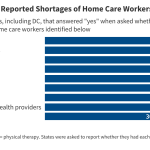
Increased payment rates for Medicaid home care workers are states’ key approach to addressing workforce shortages. This issue brief describes Medicaid payment rates for home care and other workforce supports that are in place in 2025, before the majority of the 2025 reconciliation law provisions start taking effect.